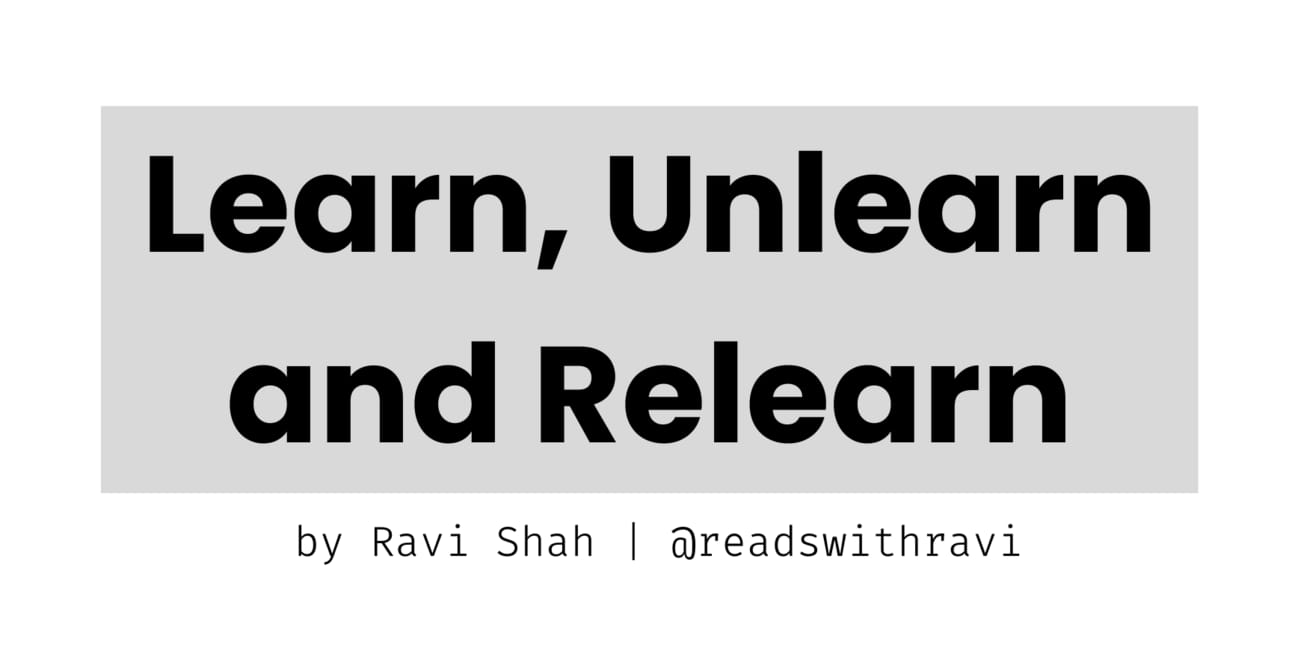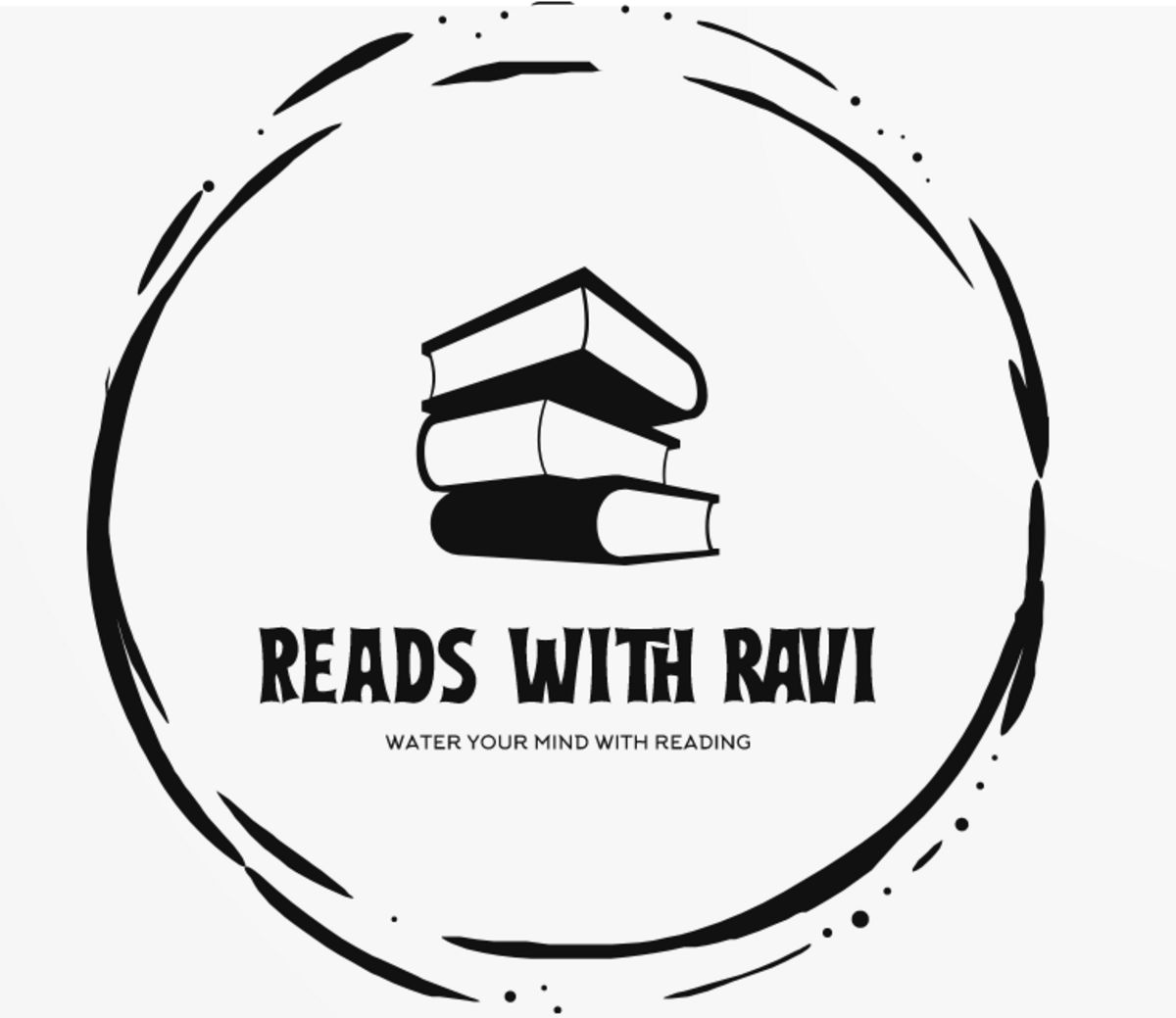
Happy Thursday folks!
Here is my favorite passage of the week, two quotes and book of the week with two important lessons to ponder on:
Passage of the Week:
Author Ryan Holiday on attacking the dawn:

From Discipline is Destiny by Ryan Holiday
Two Quotes:
“Courage is the most important of all the virtues because without courage, you can’t practice any other virtue consistently.”
“It's impossible for a man to learn what he thinks he already knows.”
Book of the Week with 2 Important Lessons:
The book of the week is The Anxious Generation: How the Great Rewiring of Childhood Is Causing an Epidemic of Mental Illness by Jonathan Haidt.

This book explains why it has become harder for kids to think, focus and build close relationships in this digital age. It also provides four foundational reforms to build a healthier and freer childhood to prepare them for the world.
In this book, social psychologist Jonathan Haidt lays out the facts about the epidemic of teen mental illness that hit many countries at the same time. He then investigates the nature of childhood, including why children need play and independent exploration to mature into competent, thriving adults. This book is not just for parents, teachers, and others who care for or about children. It is for anyone who wants to understand how the most rapid rewiring of human relationships and consciousness in human history has made it harder for all of us to think, focus, forget ourselves enough to care about others, and build close relationships. The book is about how to reclaim human life for human beings in all generations.
An essential and compelling read that I can’t recommend enough. 10/10
Here are two important lessons from the book:
1) The Great Rewiring of Childhood:
There was little sign of an impending mental illness crisis among adolescents in the 2000s. Then, quite suddenly, in the early 2010s, things changed.

You can see a sudden and very large upturn in major depressive episodes, beginning around 2012 (2010-2015 shaded area, Jonathan Haidt calls it “The Great Rewiring” period). The increase for girls was much larger than for boys in absolute terms. However, boys started at a lower level than girls, so in relative terms, the increases were similar for both – roughly 150%. In other words, depression became roughly two and a half times more prevalent.
This is a profound transformation of human consciousness and relationships, and it occurred, for American teens, between 2010 and 2015. This is the birth of the phone-based childhood. It marks the definitive end of the play-based childhood.

An important detail in this story is that the iPhone 4 was introduced in June 2010. It was the first iPhone with a front-facing camera, which made it far easier to take photos and videos of oneself. Samsung offered one on its Galaxy S that same month. That same year, Instagram was created as an app that could be used only on smartphones. For the first few years, there was no way to use it on a desktop or laptop. Instagram had a small user base until 2012, when it was purchased by Facebook. Its user base then grew rapidly (from 10 million near the end of 2011 to 90 million by early 2013). We might therefore say that the smartphone and selfie-based social media ecosystem that we know today emerged in 2012, with Facebook's purchase of Instagram following the introduction of the front-facing camera. By 2012, many teen girls would have felt that "everyone" was getting a smartphone and an Instagram account, and everyone was comparing themselves with everyone else.
Over the next few years the social media ecosystem became even more enticing with the introduction of ever more powerful "filters" and editing software within Instagram. Whether she used filters or not, the reflection each girl saw in the mirror got less and less attractive relative to the girls she saw on her phone.
While girls' social lives moved onto social media platforms, boys burrowed deeper into the virtual world as they engaged in a variety of digital activities, particularly immersive online multiplayer video games, YouTube, Reddit, and hardcore pornography – all of which became available anytime, anywhere, for free, right on their smartphones.
With so many new and exciting virtual activities, many adolescents (and adults) lost the ability to be fully present with the people around them, which changed social life for everyone, even for the small minority that did not use these platforms. That is why Haidt refer to the period from 2010 to 2015 as the Great Rewiring of Childhood.
2) The Four Foundational Reforms:
There are four reforms that are so important as per Jonathan Haidt that would provide a foundation for healthier childhood on the digital age:
No smartphones before high school. Parents should delay children’s entry into round-the-clock internet access by giving only basic phones (phones with limited apps and no internet browser) before ninth grade (roughly age 14).
No social media before 16. Let kids get through the most vulnerable period of brain development before connecting them to a firehose of social comparison and algorithmically chosen influencers.
Phone-free schools. In all schools from elementary through high school, students should store their phones, smartwatches, and any other personal devices that can send or receive texts in phone lockers or locked pouches during the school day. That is the only way to free up their attention for each other and for their teachers.
Far more unsupervised play and childhood independence. That's the way children naturally develop social skills, overcome anxiety, and become self-governing young adults.
Book I am currently reading:
After the North Pole: A Story of Survival, Mythmaking, and Melting Ice by Erling Kagge. The Norwegian explorer, philosopher and acclaimed writer tells of his historic 58-day journey to the North Pole on skis in this provocative memoir that is a profound meditation on nature and the history of explorers' obsession.
BOOK RECOMMENDATIONS:
Thank you for reading and all your support.
I am excited to keep bringing you the new and old books, great insights, and lessons.
Until next week, stay curious and happy reading!
— Ravi Shah | @readswithravi

